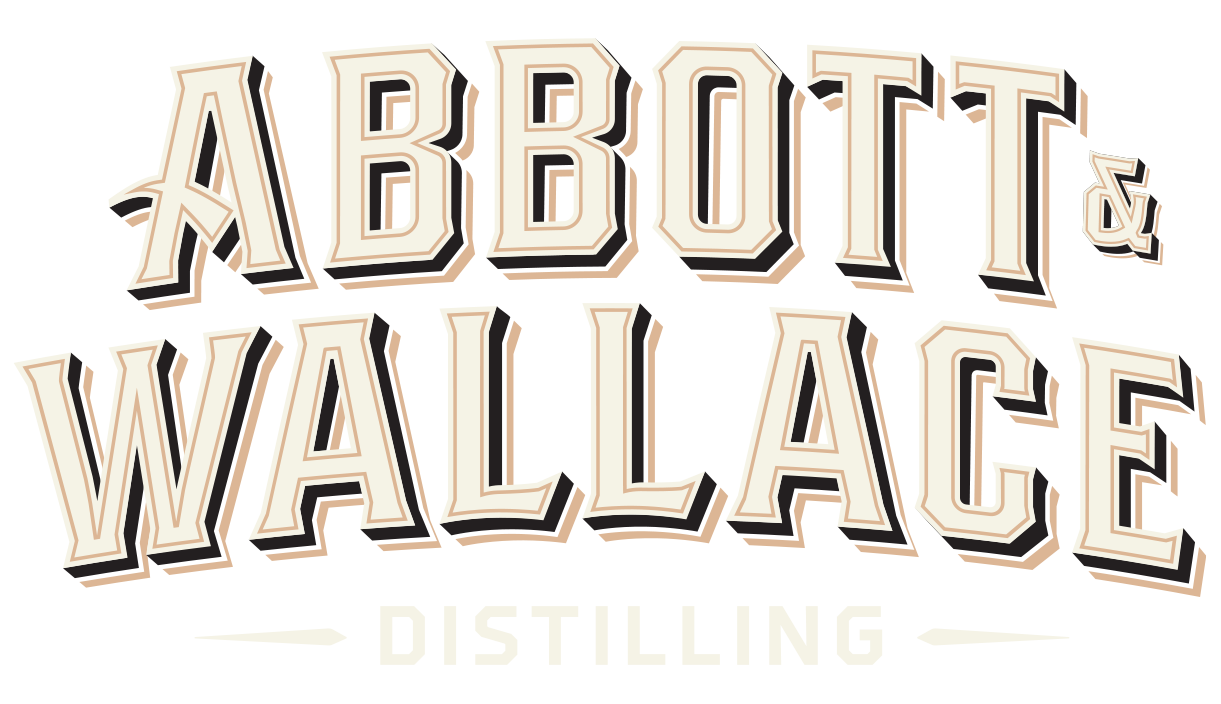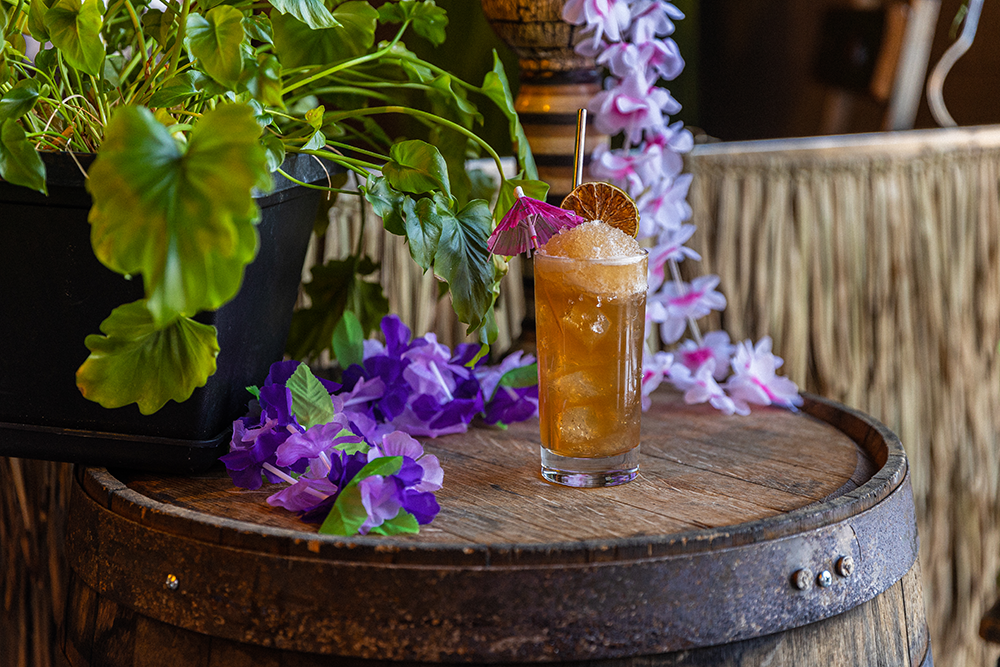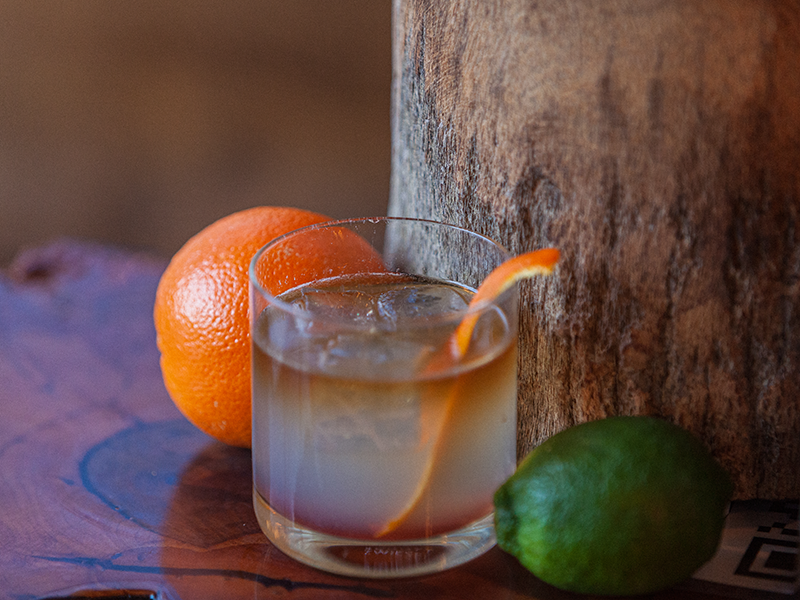The Craft of Spirit Making Vol. 2: Rum
Roots and Rum
We’re in the middle of our annual Rum Fest, which culminates in the best rum-tasting event in Colorado on Feb. 25, featuring rum from around the world and our three Abbott & Wallace rums: Lusca Spiced Rum, Lusca Overproof Rum and Leviathan Black Spiced Rum. Let’s get ready for the tasting with some, er…ruminations.
Rum is made by fermenting and distilling the molasses or juice of sugarcane. And, like all brown spirits, rum is clear until aged in oak barrels. So, basically, wherever sugar is grown, rum has roots, and island nations began spicing rum probably in an effort to cool the heat of the spirits and make it more palatable.
In Volume 1 of our Craft of Spirit Making series, I wrote about how bourbon is America’s spirit but that distilling in the U.S. all started with rum. And just like all our country’s origin stories, things are a bit cloudy and filled with more than a few reminders of the uglier side of our nation’s history.
Full on in their colonial spirit, the British declared themselves inventors of rum in Barbados, and Christopher Columbus boasted of bringing sugarcane to the Americas. But it’s believed that slaves first noticed what happens when sugar ferments. However and whoever first produced it, molasses and rum essentially kept the slave trade alive. Merchants in the colonies distilled molasses from the West Indies into rum, traded the rum for captives in Africa, sold the captives in the Caribbean and returned home with sugar.
As the “sweet grass” exploded in island nations and the U.S., original rum incarnations—“kill-devil” or “rumbullion”—were harsh and would leave a wicked hangover but were viewed as still safer than water. The first U.S. distillery, established in Boston, gave birth to a bustling distilling industry. The British Empire started levying import taxes on foreign molasses to pay for their war efforts and took control of the sugar shipping lanes. Rebelling (and enterprising) colonies turned to domestic crops for their booze, marking the switch to whiskey-making.
Rum made a brief comeback during prohibition when it was easily imported. (You could visit places like Cuba to satisfy the need to drink and bring back some of the sweet stuff.) Speakeasies helped break the taboo of drinking as a man’s activity: Men and women were breaking the law together, and the modern cocktail culture was born.
Abbott & Wallace rums—Lusca Spiced Rum, Lusca Overproof Rum and Leviathan Black Spiced Rum—have their roots on sandy shores as well. Growing up in Florida, co-founder HK and I were surrounded by a culture that embraced rum. My mother was a hard-working salesperson who loved to break away and visit the islands just off the coast. Back home, she loved a daiquiri or rum coke, and I believe the practice was a little reminder of that paradise not too far away.
Abbott & Wallace rums are subtle, but the high-ester rum has enough sturdiness to really make a fruity cocktail pop with flavor.
Growing up I was incredibly lucky to have grandparents who lived on St. Augustine Beach. Every other week my buddy HK and I would go down to the water for surfing or shenanigans with friends. Long summer days led to sneaking into liquor cabinets to spike our boredom. Spiced rum is an indelible part of those beach memories. The sweetness of the spiced rum masked the harsh taste on our young tongues, and we learned that you could set sail with some brands, and others would leave you out to sea.
In parallel to American history with rum, our preferences eventually gave way to whiskey. But rum will always have a special place in my heart. My mother passed away 10 years ago, and we distill rum in her honor. Yes, it’s an ode to our beginning beach adventures, but Abbott & Wallace rums also embody the spirit of adventure. We pour our lives into making exceptional spirits, and we use Rum Fest to provide a little mental vacation for everyone in our community.
We want to enjoy ourselves a little every now and then, but it’s more important for our customers to enjoy themselves. Part of that experience is having a quality spirit—no kill-devil or rumbullion here—that tastes great and won’t make you feel like shit the next day. Every distillation is a meticulous exercise in sensory analysis. We make sure the spirit is clean, flavorful and fun for imbibing.
This all starts with quality ingredients and healthy fermentation. We import Florida organic molasses for Abbott & Wallace rum’s base. It’s a molasses that provides a unique earthiness to our spirits, and it’s a little taste of home.
Because hot and fast fermentation can lead to hot-tasting spirits, we allow for a cold and slow fermentation process. The yeast works for a full 10 days, doing its thing, happily converting sugar to alcohol and carbon dioxide until we double-pot distill the rum, like the Scots do. This is actually a pretty rudimentary refining process, but it creates a pure expression full of flavor.
Abbott & Wallace spiced rum is an ode to our past, but it also makes some incredible cocktails! We built Lusca to be a better-spiced rum that will suck you in but won’t leave you out to sea. Loads of whole bean vanilla, Florida oranges and black cardamom form the basis for a spicy little demon that lends depth to any cocktail.
Our original “rum” was actually a sugar beet spirit that we still use today as the base spirit for our gin and amaro. But now we model our clear rum from Jamaican-style “dunder” rums. Jamaicans distill some of their rum with organic acids formed in waste pits that they ladle into their stills, organic acids that oxidize and turn into fruity esters. We work with breweries to source wild yeast and bacteria inoculations to sour our rum and impart fruity flavors.
The result? Abbott & Wallace rums are subtle, but the high ester rum has enough sturdiness to really make a fruity cocktail pop with flavor. And next year we should see our first barrel-aged rum expression. Hell yeah. Can’t wait.
Come taste some of the best rums around on Feb. 25, and let’s talk more about rum!
Cheers,
John Abbott Young






